Join a community of readers who are committed to Jewish stories
Sign up for JBC’s Nu Reads, a curated selection of Jewish books delivered straight to your door!
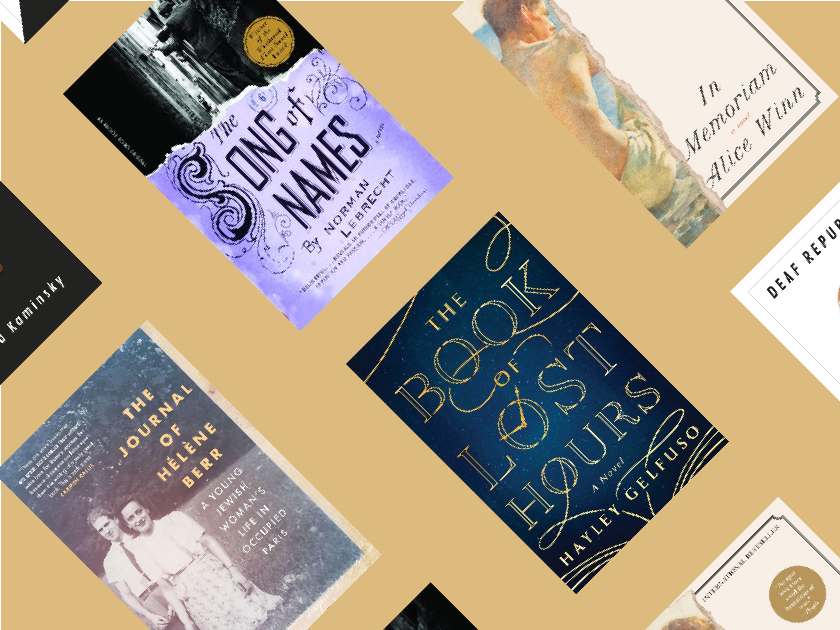
In my forthcoming novel, The Book of Lost Hours (out August 26), memory isn’t just a theme; it’s the structure of the world. In a vast, uncanny library, the memories of the dead are transcribed into books, stored for safekeeping, or burned to erase what shouldn’t be remembered. While writing it, I found myself thinking constantly about the different ways memories can be stored. A photograph, a melody, a story passed down, or a single name spoken aloud.
These nine books (fiction, nonfiction, and poetry) each explore a different form of remembering. Some focus on personal grief, others on public history, and a few on the fragility of memory itself. Together, they remind us that how we remember is just as powerful as what we remember.
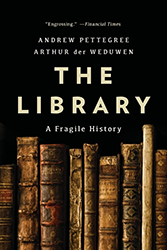
The Library: A Fragile History by Andrew Pettegree and Arthur der Weduwen
A library is not just a room of books. It’s memory, made visible and vital. This sweeping history traces the rise and fall of libraries across centuries, revealing them as battlegrounds of power, belief, and erasure. Wars burn them, regimes censor them, but still libraries return, built again by people who believe that knowledge and stories are worth protecting. The Library highlights, in great depth, the Nazi book-burning regime that targeted Jewish works and destroyed the collections of entire synagogues. The Library is the book that lit the spark for my own novel, and it still echoes with urgency in a time when history feels increasingly up for revision.
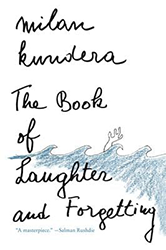
The Book of Laughter and Forgetting by Milan Kundera
This book is like standing in a hall of mirrors, except every mirror reflects a version of forgetting. By individuals, by lovers, by entire governments. It’s told in fragments that shift, echo, and sometimes contradict, just like memory itself. There’s a kind of quiet violence in it, not from what happens, but from what’s erased. I remember finishing it and just sitting in silence for a long time, wondering what I had forgotten on purpose.
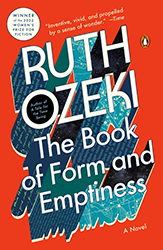
The Book of Form and Emptiness by Ruth Ozeki
After the death of his father, a boy begins to hear the voices of everyday objects. The novel takes place partly in a library (my favorite), but also inside a kind of internal archive. One filled with the weight of things we carry, and the longing to let them go. Woven through it are the ideas of Walter Benjamin, the German Jewish philosopher whose writings on objects, memory, and history shape the book’s intellectual and emotional core. This book reminded me how easily objects become emotional terrain. I’ve looked at my own clutter differently ever since.
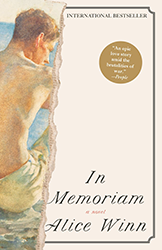
In Memoriam by Alice Winn
In Memoriam is a love story set during World War I and also a reckoning with all the names history forgets to mourn. Two English schoolboys (the half-Jewish Sidney Ellwood, and his classmate, a German boy named Henry Gaunt) fall in love as everything around them fractures. It’s a novel thick with grief and tenderness, and the way it builds memory through names (school registers, military rolls, personal letters) is devastating. It follows not only Gaunt and Ellwood’s forbidden love story, but Ellwood’s fraught Jewish identity that places him at an ideological crossroads in wartime. This book, quite simply, broke me, over and over again.
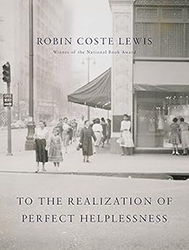
To the Realization of Perfect Helplessness by Robin Coste Lewis
I didn’t expect a book of photographs and fragmented writing to move me as deeply as it did. The book is a visual archive of Lewis’s family, reframed through poetry. It’s a collage, it’s an elegy, but most importantly, it’s an act of reclamation. I felt like I was being entrusted with something private just by reading it. It is a stunning example of how images from the past hold a power over us still.
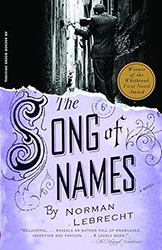
The Song of Names by Norman Lebrecht
Music is possibly one of mankind’s oldest forms of carrying memories. In this book, a gifted Jewish violinist disappears before a performance that should have made him famous. Years later, a haunting melody resurfaces, and with it, the question of what (and whom) we choose to remember. Music becomes the book’s mnemonic language, carrying memory across time. The story evokes prewar Jewish life in London, deals with the trauma of disappearance and remembrance, and alludes to the legacy of the Holocaust through questions of absence and survival. Because of this book, I often think about which songs I associate with which ghosts.
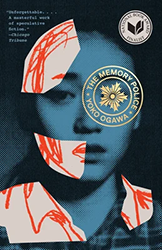
The Memory Police by Yōko Ogawa
On an unnamed island, objects begin to disappear; not just physically, but from memory itself. No one is allowed to speak of what’s been lost. Only a few remember. This novel is eerie, spare, and devastating in its quietness. It made me think about how memory can be dismantled not only by force, but by silence, and how the act of remembering itself can be a form of rebellion.
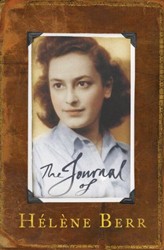
The Journal of Hélène Berr by Hélène Berr
Whenever I’m writing about the past, I seek out first-hand letters and diaries. Nothing brings history closer than the voice of someone who lived through it. Written by a twenty-one-year-old Sorbonne student in occupied Paris, and read by me when I myself was a student, this journal captures the brightness of music, literature, and friendship, even as the shadow of persecution draws near. Reading it feels like witnessing memory in motion, before it hardens into history. It is a testament to how writing can be both an act of resistance and a vessel of preservation.
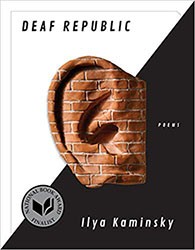
Deaf Republic by Ilya Kaminsky
Poetry has always been my way of comprehending the world. It’s where I first learned that emotions don’t need explanation to be felt. This book begins with a gunshot. In the stunned silence that follows, an occupied town collectively goes deaf, refusing to hear the orders of the soldiers who have taken over. What unfolds is a series of prose poems and vignettes that read like dispatches from a resistance. Kaminsky, a Ukrainian Jewish poet, uses this imagined act of deafness as both a metaphor and a memory device. It’s haunting and beautiful. A reminder that silence itself can become a language of memory.
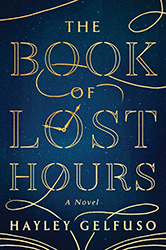
The Book of Lost Hours Hayley Gelfuso, out August 26!
Hayley Gelfuso is an author and poet who works in the environmental nonprofit sector. As a writer, she is drawn to stories of the wild and wonderful that are rooted in real world history and science. Her poetry about her experiences working in the conservation field has been published in the Plumwood Mountain Journal. She lives in the Chicago suburbs with her husband.